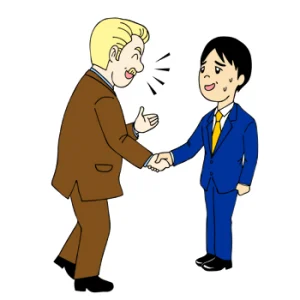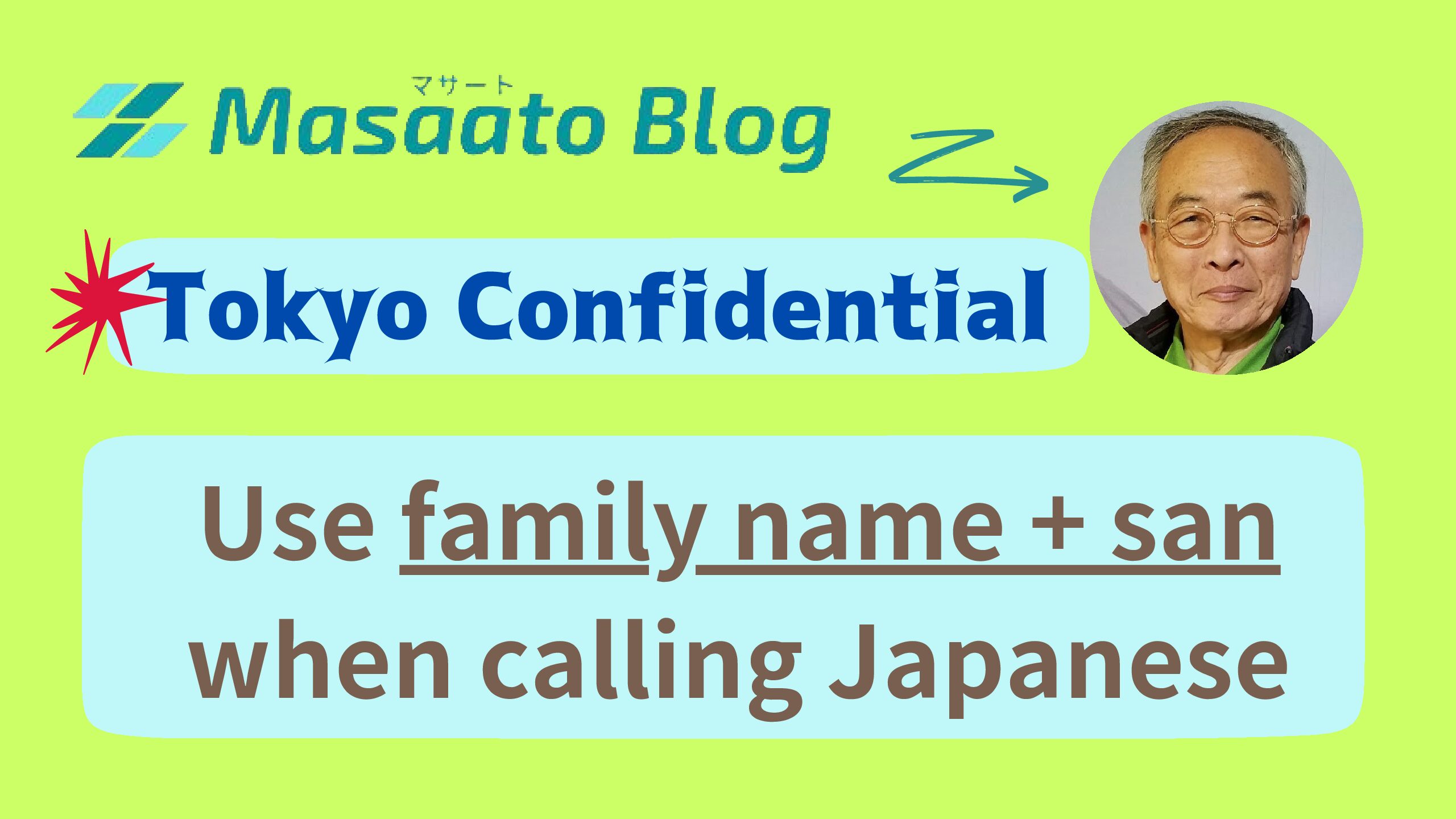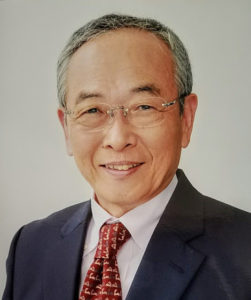When addressing a Japanese person in Japan, regardless of gender or age, or in any situation, it is advisable to use the family name with “san”, which is the official and polite way.
【contents】
Westerners call others by their first name
 Westerners usually use their first names when calling someone. Whether the person you are addressing is younger or older than you, they use first names. When people address each other by first name, a friendly relationship is immediately established, which is good for both private and official occasions.
Westerners usually use their first names when calling someone. Whether the person you are addressing is younger or older than you, they use first names. When people address each other by first name, a friendly relationship is immediately established, which is good for both private and official occasions.
In Japan, people do not use first names when addressing others
 However, this is not the case in Japan. When you graduate from school and become a member of society, it is not customary to address others by their first names in official situations. When you become a working adult after graduating from school, whether you are older or younger than the person you are addressing, it is customary to call them by their family name followed by their honorific title (=san) or job title.
However, this is not the case in Japan. When you graduate from school and become a member of society, it is not customary to address others by their first names in official situations. When you become a working adult after graduating from school, whether you are older or younger than the person you are addressing, it is customary to call them by their family name followed by their honorific title (=san) or job title.
For example, when calling Taro Yamada, it is called Yamada-san. If Yamada-san is president, it is called Yamada-shacho (president in English). In a company, it is common to add the title to the family name.
In foreign-affiliated companies, however, the title is not added to the family name as in Western companies, but the family name + san (Ymada-san) is used, never the first name.
It is polite to add an honorific title (=san) to the first name, but it is common in Japan for adult women and students to address each other by their first names. When two adult men address each other by their first names, it is often assumed that they have a special relationship.
When Calling Teachers and Parents
Westerners also address parents and teachers by their first names, which is outrageous in Japan, where Confucianism places great value on age-related civility. Fathers are called fathers and mothers are called mothers. In younger families, papa or mama may be used, but not by first name. When calling a teacher, add “sensei” (=teacher) to the teacher’s family name. Never call them by their first name.
When working with Westerners
 When we Japanese deal with foreigners in Japan, for example, in business situations or as tourist guides, we call them by their first names because we respect their culture since they are our business customers.
When we Japanese deal with foreigners in Japan, for example, in business situations or as tourist guides, we call them by their first names because we respect their culture since they are our business customers.
Japanese men, however, feel uncomfortable being called by their first name. In particular, without an honorific title(=san) by someone younger than themselves or someone they have just met for the first time. Women do not feel as much discomfort as Japanese men when they are called by their first name by Japanese or foreigners. However, an honorific title(=san) is necessary at any time.
Therefore, when addressing a Japanese person in Japan, regardless of gender or age, or in any situation, it is advisable to use the family name with “san”, which is the official and polite way.
Even if you have known each other for a long time and call each other by your first name, it is more dignified to call each other by first name + san.
The reason why we basically use family name + san when addressing others is due to the influence of Confucianism, which come from China in the 5th century. This is because Confucianism has strict rules of etiquette regarding strangers and age. At the same time, there is a sense of respect for others.


